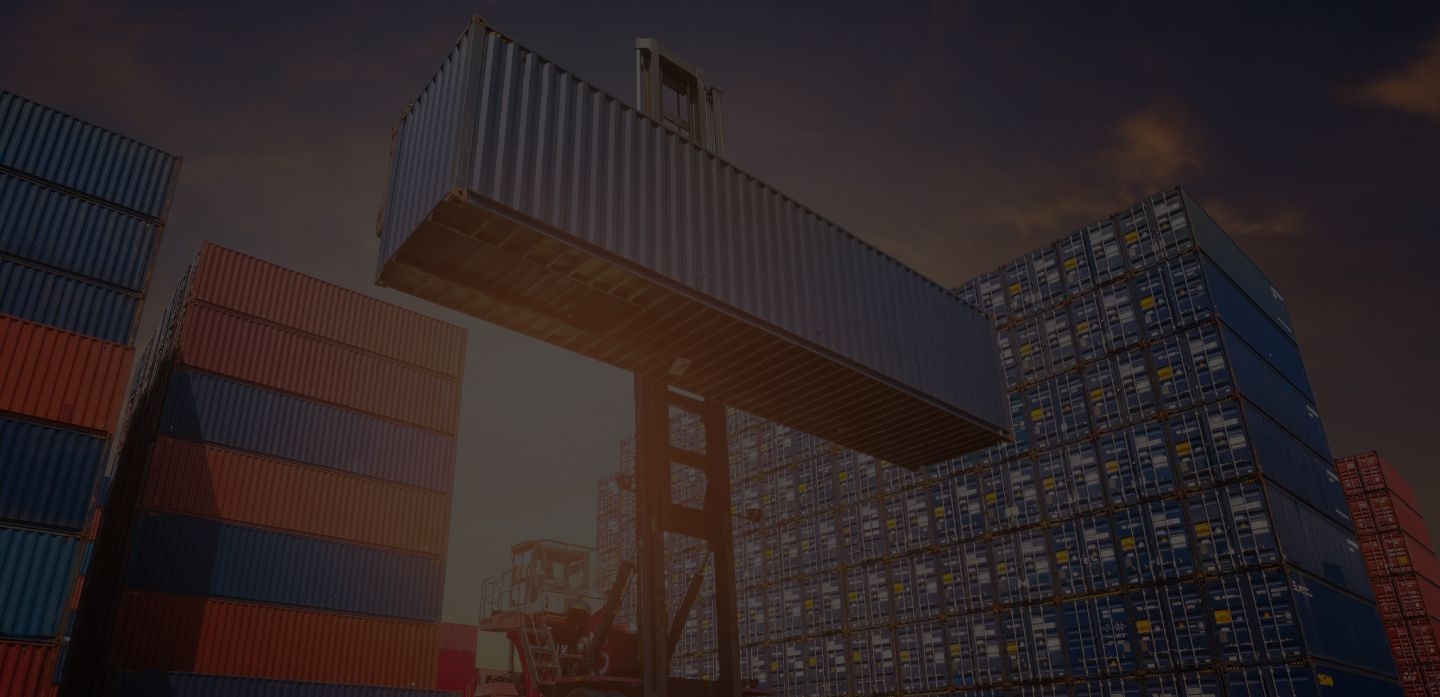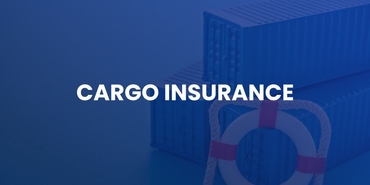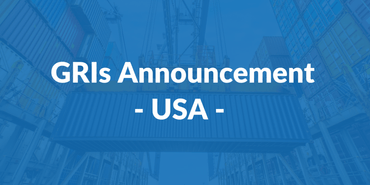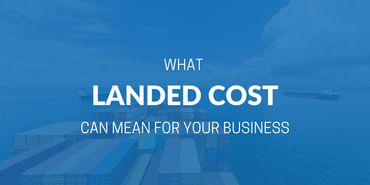
What are Inland Haulage Charges (IHC)?



![]()
The shipping process has a lot of associated costs that can increase the total amount shippers have to pay. One of these costs is inland haulage charges. Being aware of what it is can help ensure a smooth and easy shipment.
In this article, we explain what is haulage charges for containers and give insight on everything you need to know about it.
What are Inland Haulage Charges?
Inland haulage charges are paid to the road haulage industry for carrying freight with heavy goods vehicles (HGVs). This is carried out by means of a direct charge on operators, and rates vary according to the type and weight of the goods being carried.
The revenue raised goes towards making improvements to roads that benefit all users, particularly those using light vehicles such as cars and vans. It also contributes towards the construction and maintenance of local authority highways, including bridges.
Currently, each tonne of payload costs an average of 1.8 pence per mile, but there is also a minimum fee payable whether any load is transported, which varies depending on vehicle size and the number of axes.
The IHC is collected via the Heavy Goods Vehicle Operator Licensing (HGVOL) scheme, which was introduced by the Road Haulage Association in 1994. The revenue raised is divided between Highways England for roads maintenance and local authorities for their highways network.
What does this mean for operators?
Operators who use HGVs to carry commercial freight must be licensed with a relevant operating center or obtain exemption of licensing requirements from the Traffic Commissioner before they begin operations. They also pay the IHC depending on what type and weight of goods they transport:
- Heavy goods vehicles (HGVs): For carrying loads over 44 tonnes and up to and including 44 tonnes plus any trailer that weighs more than 750 kilograms; 8 pence per kilometer.
- Light goods vehicles (LGVs): For carrying loads up to 3,500 kilograms; 6 pence per kilometer.
- Motorcycles: Motorcycles pay the same rates as LGVs for this type of work.
When do inland haulage charges occur?
Inland haulage charges apply to a wide range of goods that are carried into, out of, or across the UK from other countries. These loads need to be transported via heavy goods vehicle and can include:
- New commercial vehicles being imported into the UK
- Used commercial vehicles being exported from the UK to other countries.
- Relocating commercial vehicles or individual items of equipment within the UK or even abroad.
When do inland haulage charges not apply?
The IHC does not apply in the following cases:
- Vehicles carrying only commercial goods within England, Scotland, or Wales.
- Goods going cross border between Northern Ireland and Republic of Ireland/containers going direct to ports for export.
- Vehicles used by farmers operating under concessions granted by local authorities in connection with agricultural operations on their own land or in respect of machinery moving between different areas in a single day.
What if there is no Inland Haulage Charge?
Where inland haulage charges are not paid on new or used commercial vehicles being imported into the UK, this does not mean these vehicles do not contribute towards road expenditure. The excise duty on new commercial vehicles is payable at the time of registration and aids in maintaining our roads.
For some businesses that import commercial goods via seaports, it is possible to claim back some of this expense through a rebate scheme known as Ports Grant. This refunded amount varies according to the size of the vessel carrying the goods but must be applied directly with your chosen port/terminal operator.
Inland Haulage Charges (IHC) vs Terminal Handling Charges (THC)
Inland Haulage Charges are paid to the UK Government for your vehicle to travel on UK roads. They account for 20% of all revenue raised via Vehicle Excise Duty (VED).
Terminal Handling Charges are payable by operators who import commercial goods by sea or air, so their cargo can be unloaded at port/airport then transported by road to its final destination in the country. THCs are typically used when an operator is transporting goods that have been imported into one part of the UK before being moved to another area within the same time frame. The cost of this type of transportation is often charged by weight and can vary depending on where you want your load delivered.
Related Articles


